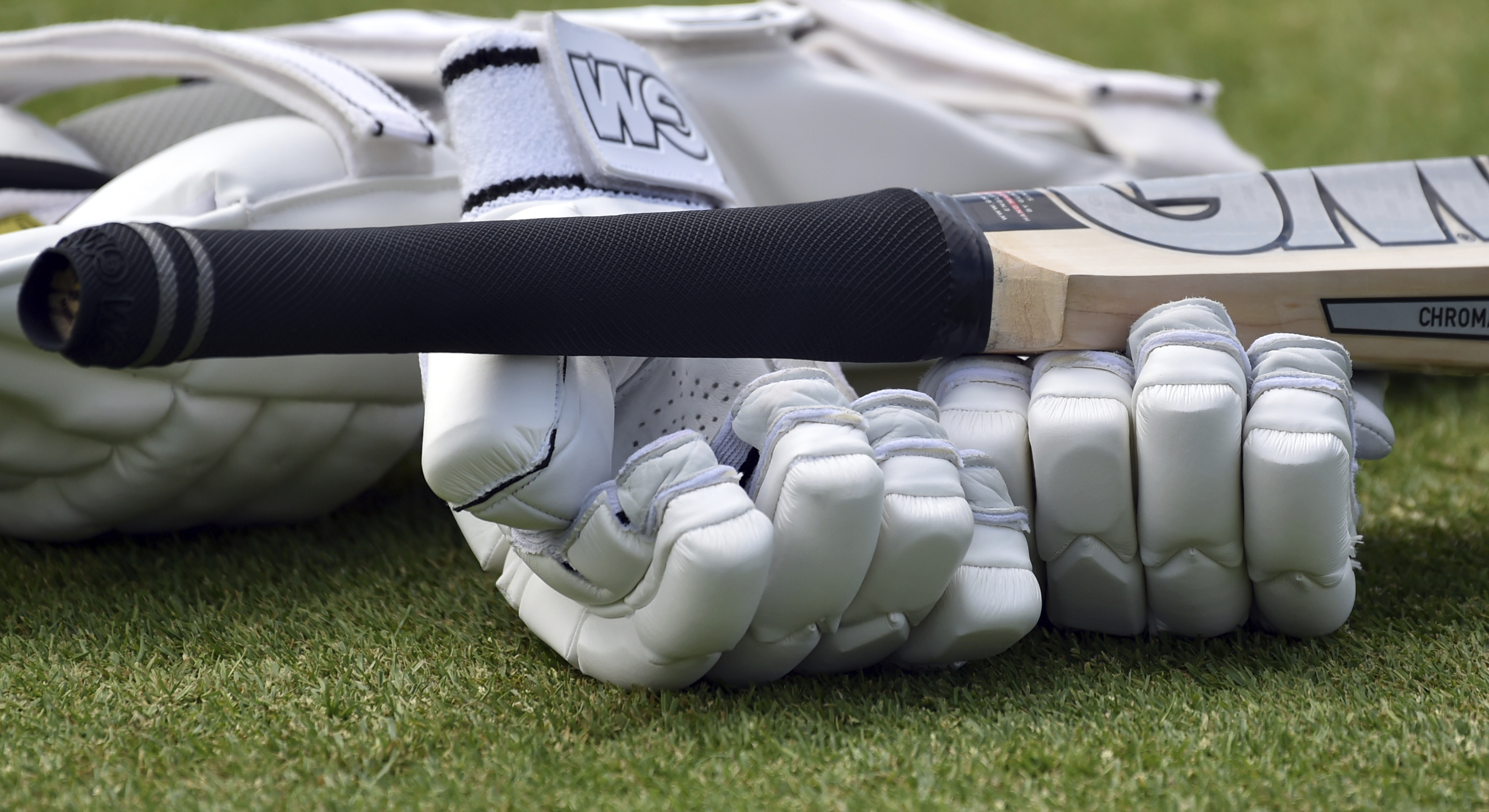
A damning independent report has found that institutional racism, sexism and class-based discrimination continue to infect English cricket.
The long-awaited report into the state of the sport was published on Tuesday by the Independent Commission for Equity in Cricket, known as the ICEC.
It found that racism was “entrenched” in the English game, women were treated as “second-class citizens” and cricket was a rare option in state schools.
The ICEC said the system for dealing with complaints was confusing and not fit for purpose.
English cricket was rocked in 2020 when former Yorkshire player Azeem Rafiq said he was a victim of racial harassment and bullying through two spells at the nation’s most successful club from 2008-2018.
During a tearful testimony at a parliamentary hearing in 2021, he spoke of the Islamophobia and bullying he was subjected to.
“Do I believe I lost my career to racism? Yes, I do,” Rafiq said at the hearing.
The ICEC was commissioned in November 2020 as part of the England and Wales Cricket Board’s (ECB’s) wide-ranging effort to address allegations of discrimination and improve equality, diversity and inclusion in cricket. The findings were initially scheduled to be reported last year.
The report calls for “decisive action” and makes 44 recommendations and a number of sub-recommendations. The ECB said some reforms could be “implemented swiftly” but others would require “fundamental, longer-term changes to cricket in England and Wales, and its funding model”.
The commission was chaired by Cindy Butts, who, among many roles, has held positions with the Independent Police Complaints Commission and anti-discrimination football charity Kick It Out.
The ICEC received more than 4,000 submissions from people at all levels. Half said they experienced discrimination in the previous five years. But the figures were higher when separated by ethnicity: 87 percent of people with Pakistani and Bangladeshi heritage, 82 percent of people with Indian heritage, and 75 percent of all Black contributors said they had experienced it.
According to the report, the average salary for England women players is just over a fifth of that for England men playing white-ball cricket. The report called for equal pay for male and female international players by 2030.
“Our findings are unequivocal,” said Butts. “Racism, class-based discrimination, elitism and sexism are widespread and deep-rooted.
“The game must face up to the fact that it’s not banter or just a few bad apples. Discrimination is both overt and baked into the structures and processes within cricket.”
England and Wales Cricket Board chair Richard Thompson issued a public apology and described the report as a “wake-up call”.
“I apologise unreservedly to anyone who has ever been excluded from cricket or made to feel like they don’t belong,” Thompson said. “Powerful conclusions within the report also highlight that for too long, women and Black people were neglected. We are truly sorry for this.”
Thompson said the ruling body would take three months to consult with affected communities and form a plan of action, on timelines set out by the ICEC and would “use this moment to reset cricket”.
“We will use this moment to demonstrate that it is a game for all and we have a duty to put this right for current and future generations,” Thompson said. “My absolute commitment is for cricket to strive to be the most inclusive sport in England and Wales.”







